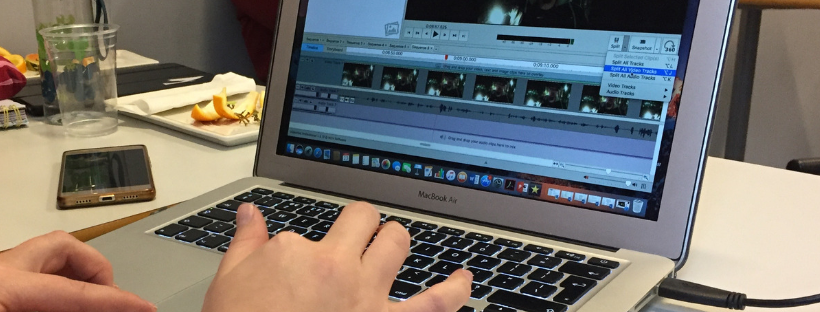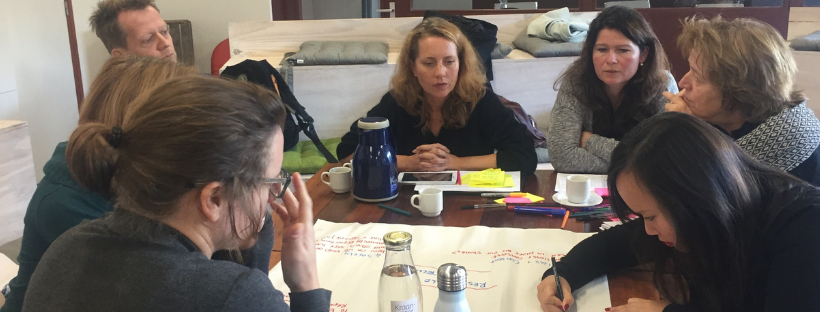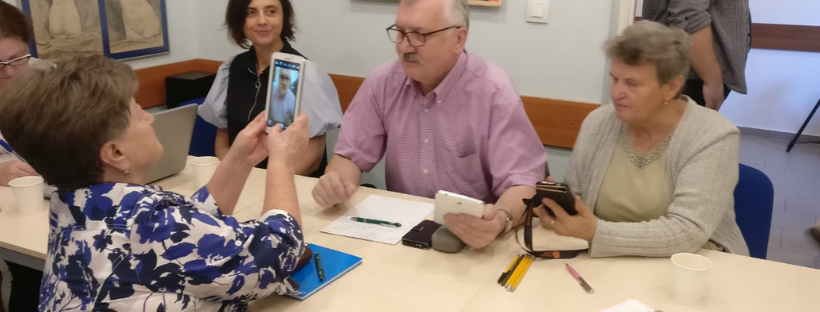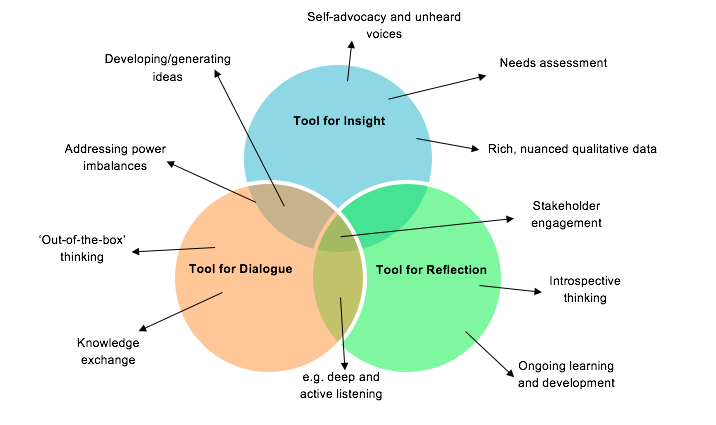COVID CONVERSATIONS

Within the on-going COVID-19 crisis there is a danger that the most marginalised communities across Europe are left out of this conversation. It is important to us, and our movement of Community Reporters, that people who are under-resourced and who often occupy the positions of least power are involved in this dialogue. This is why we are launching an Institute of Community Reporters collective project – #COVIDConversations – to gather stories about the crisis from voices that may go unheard.
In response to requests of our partners from across Europe, we have created a space on the Community Reporter website for an online archive of everyday experiences of the life during the COVID-19 outbreak. We plan to work with these stories in the future and share the learnings in them with a wider audience. It is important that these stories are not forgotten and that the insights in them are heard and use in the future as we rebuild and change our world. It is vital that all kinds of voices are included and that the people who share and gather these stories are active actors in this moment of change within our shared history.
So, how can you get involved?
- COMMUNITY REPORTER – CALL TO ACTION
We are asking all of our existing Community Reporters to log into www.communityreporter.net and upload your own personal story about your experiences of life during the COVID-19 pandemic. This can be a short piece of text, a photo, an audio clip or video. When you upload them, make sure you select ‘COVID Conversations’ as the ICR Network on the drop-down menu. Click here to download a quick ‘How to upload your story’ guide. - UPSKILLING THE NETWORK
We will be running an online training session for existing active Community Reporters, existing Trainers, current Social Licensees and wider Support Partners to equip them with the skills to gather stories via remotely. The session will be delivered in May (date TBC) and each attendee will then gather 5+ stories each from their own networks, with a keen focus on unheard voices. If you’ve like to take part, email us. Places are limited. - ONLINE STORYTELLING SESSIONS
The People’s Voice Media team will be delivering one-to-one storytelling sessions with people online and via the phone, to gather their experiences of the crisis. These sessions are designed to include people who may otherwise be excluded, and will run on the 10th and 23rd June. We are asking our partners and members to help us find people to participate. If you know someone who is willing to share an experience and would like to speak one-to-one with our team, drop us an email.




